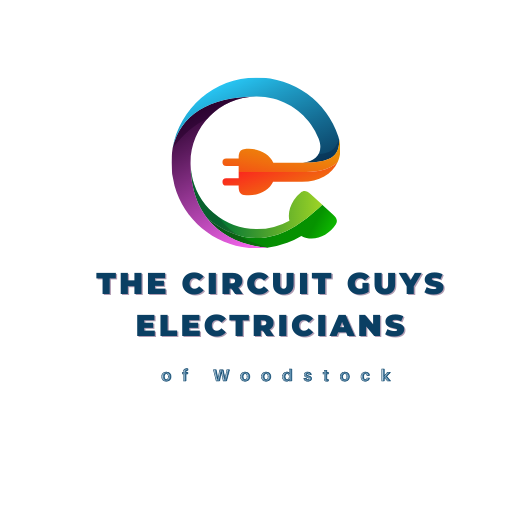When you’re searching for an electrician, it’s important to find one who is certified, licensed, and insured. An NEC-certified electrician has undergone extensive training and has proven their competence by passing exams to earn their certification. Licensed electricians are required to uphold high standards of ethics and accountability, and must pass a criminal background check and be insured to protect you in case of an accident. When hiring an electrician, you also want to make sure they are a member of the National Electrical Contractors Association (NECA). NECA is a trade organization that sets high standards for electrical contracting and helps ensure that all electricians are competent, ethical, and have business practices that are safe for customers.
What does an electrician do?
Electricians install, repair, and maintain electrical systems in buildings and other structures. They are responsible for designing and building the electrical system, including the wires, breakers, and other components. They may also be responsible for inspecting and testing the system to make sure it is safe and secure. Electricians are often called upon to repair faulty wires or other issues related to the system, such as a short circuit or a ground fault. They may even be called upon to install new wiring or repair existing wiring that has been damaged or worn out.Electricians may specialize in one area of the industry, such as commercial or industrial wiring, or they may specialize in residential wiring. They may also specialize in one type of project, such as installing wires for new appliances, or in another type, such as installing fire alarm systems.
Find a certified electrician
When searching for an electrician, you can search for one who is certified. Certified electricians have met educational and training requirements set by the National Electrical Contractors Association (NECA). They also have met requirements to test their skills and knowledge, including passing the NECA’s licensing exam to earn their certification. When hiring an electrician, you can ask to see their certification. If they don’t have it, find another electrician.
Ask for references
When you are interviewing potential electricians, you should ask for references. References are people who have worked with the electrician in the past and can give you information about their work ethic, reliability, and communication skills. References are also a great way to get a feel for the electrician’s personality and see if they are a good fit for your job. If you have a general contractor on your team, they may be able to provide you with references. If not, you can ask the electrician directly for their references.
Ask for insurance and certification
When hiring an electrician, you should also ask to see their insurance and certification. Make sure they have the proper insurance to protect you in case of an accident. You should also ask to see their certification to make sure they are a member of the National Electrical Contractors Association (NECA).
Trust your instincts
Above all, trust your instincts when hiring an electrician. If you feel uncomfortable or uneasy about working with a particular electrician, trust that feeling and find someone else. If you feel pressured to hire a particular electrician, or if the one you want to hire is not available, consider finding someone else. You don’t want to work with someone who makes you feel uncomfortable or pressured. You want to work with someone who is ethical and reliable, and who will do a good job for you and your home or business.
Conclusion
When searching for an electrician, it’s important to find one who is certified, licensed, and insured. You can find certified electricians by searching online, or you can ask for references.
